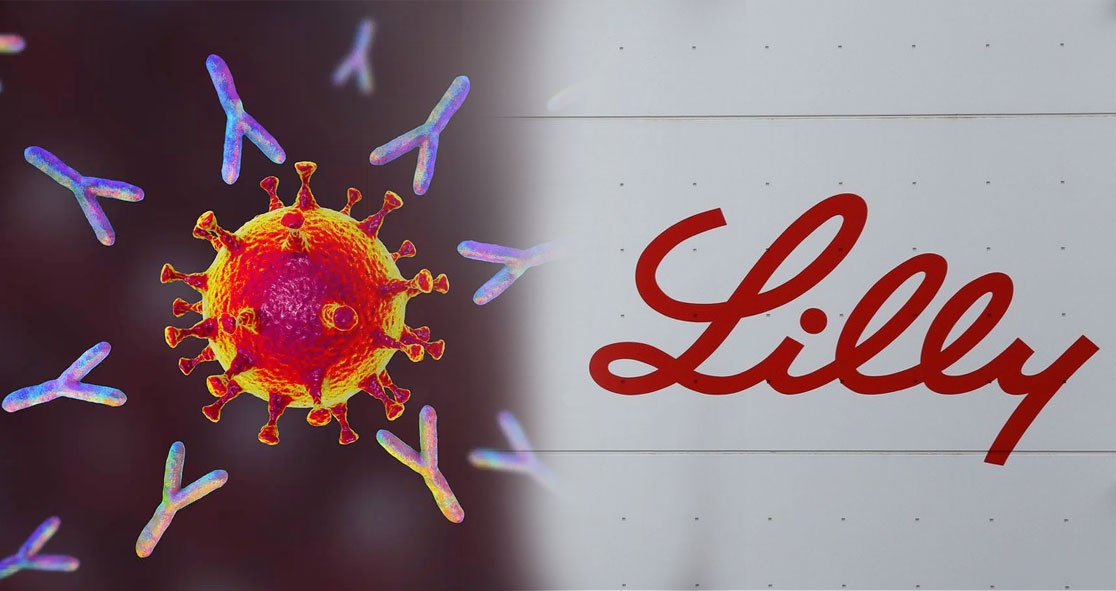On Wednesday, Eli Lilly and Co. said interim trial data has shown that its experimental monoclonal antibody treatment reduced the need for hospitalization and ER visits for patients with moderate COVID-19.
Headquartered in Indianapolis, the company said it will discuss the interim results with global regulators.
A spokeswoman of Eli Lilly said discussions with the Food and Drug Administration (FDA) are expected to range from additional human trials to the possibility of approval of Emergency Use Authorization (EUA).
The experimental antibody treatment, called LY-CoV555, is designed to recognize and target the new coronavirus, preventing the infection from spreading.
The company conducted trials on 302 patients, of which, only five had to be hospitalized or required an ER visit.
Steven Seedhouse, Wall Street Analyst at Raymond James, said in a research note, “These data are not a home run but are among the most encouraging COVID treatment data we’ve seen, particularly given this is in mild-to-moderate outpatients where there has simply been no treatment progress until now.”
Lily said most participants in the trials, including those given a placebo, had completely cleared the virus by day 11.
The company said, “It’s clear that we need to look at the impact on viral load at earlier timepoints or persistently high viral load.”
There were no reports of treatment-related serious adverse events or trial deaths.
Next, the company said the trial will enroll 800 patients with mild-to-moderate COVID-19 infection. The next segment testing will be a combination of LY-CoV555 and another antibody, called LY-CoV016, which adheres to a different part of the virus.
The antibodies, given intravenously, have also been tested for COVID-19 prevention in nursing home residents and staff.
Experts believe that monoclonal antibodies could help some patients with COVID-19 because it is unlikely to have a coronavirus vaccine any time soon. Many drug companies, including Regeneron Pharmaceuticals Inc. and Vir Biotechnology, have also been testing antibody treatments for COVID-19.























